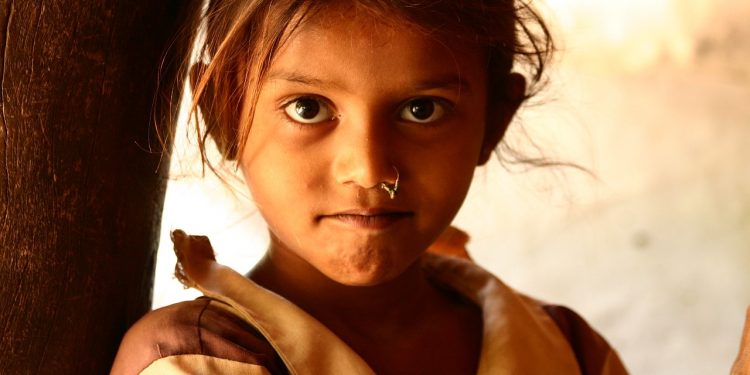Not Fair But Lovely: Our Love For Light Skin

Introduction
India has been subjected to discrimination since time immemorial on many fronts. Color bias is no stranger to her citizens – who’ve faced the effects of colonialism first-hand. With these circumstances in mind, it is shocking that art directors and digital influencers still equate whiter skin to beauty or wildly even success. Across the country, people have often been more prone to some form of verbal abuse if they are ‘dusky’. The prejudice has extended far enough for few citizens to feel that they are inferior to their fellow fair-skinned Indian counterparts. According to an article by the Oxford University Press, colorism is defined as a related yet distinct ideology to racism: whereas racism relies on the belief that some races are better than the others, colorism is the idea that, within races, lighter is better. Differentiation of people on the basis of skin color and its related physical attributes is as primitive as racism.
Color Bias Around Us
However progressive our nation claims to be, color bias is insidiously infused in traditional family functions like baby showers, marriages, etc. It’s a blessing to give birth to a fair child in contrast to the curse of the dark chocolate colored baby. Every bride and groom endures colorism at his or her wedding, in the form of criticism or applause. “He’s as white as snow but she’s as black as charcoal” is one such criticism that reverberates in many Indian weddings. Farther from home, the prevalence of colorism is clearly marked by the lack of blackish Indians acting on television or making the front pages of magazines. The efforts made by a few celebrities who refused to take part in this evil social construct, must be lauded. In the words of Kangana Ranaut, who turned down an offer to endorse a fairness cream, “It’s very sad and I find it extremely humiliating because we’re a country of beautiful people. Women should not be subjected to this discrimination. They’re just stripped off their confidence and self-worth by such creams. I oppose it and I’m very ashamed that many celebs support it and endorse it.”
Repercussions Of Color Bias
The impact colorism has on a person’s confidence can not be measured. From a young age people, particularly young women, learn to view themselves differently from their fairer companions. This often is a result of persistent mothers who spend much of their time and money to whiten the faces of their daughters. Even men these days are not spared from this vicious preference of light skin! Male fairness products still run decent sales in the market. With the increase of media influence, families are now worried about the complexions of the boys in the house. Gone are the days when only women were targeted by fairness tactics. The misconception that skin tone is a standard of beauty wavers the confidence of people, from women to men, and light to dark. A study by Margaret Hunter, links higher wages to light-skinned people. Although the study was based on racism, the color complex extends over India’s fairness bias as well.
Conclusion
The issue of color bias is being addressed steadily thanks to the rise of awareness campaigns like ‘Dark is Beautiful’ that celebrates the beauty and diversity of all skin tones. Many Indians themselves recognized the irony of Nina Davuluri being crowned the first Indian-American Miss America, when she could never have won in India. An article in the Huffingtion Post cited a tweet from an Indian source ‘Anna John’ who declared: “What’s interesting is … Nina Davuluri would never win pageants in South Asia because she’d be too dark to be considered beautiful & the same is true for all of those ‘Miss Indian American USA’ pseudo-pageants held here, as well. No darkies allowed in winner’s circle.” However, it is not enough to merely regard the presence of color bias. Society must eradicate the stigma surrounding dark skin in order to move onto a progressive nation.
[Image Attribute: srohilla69]


